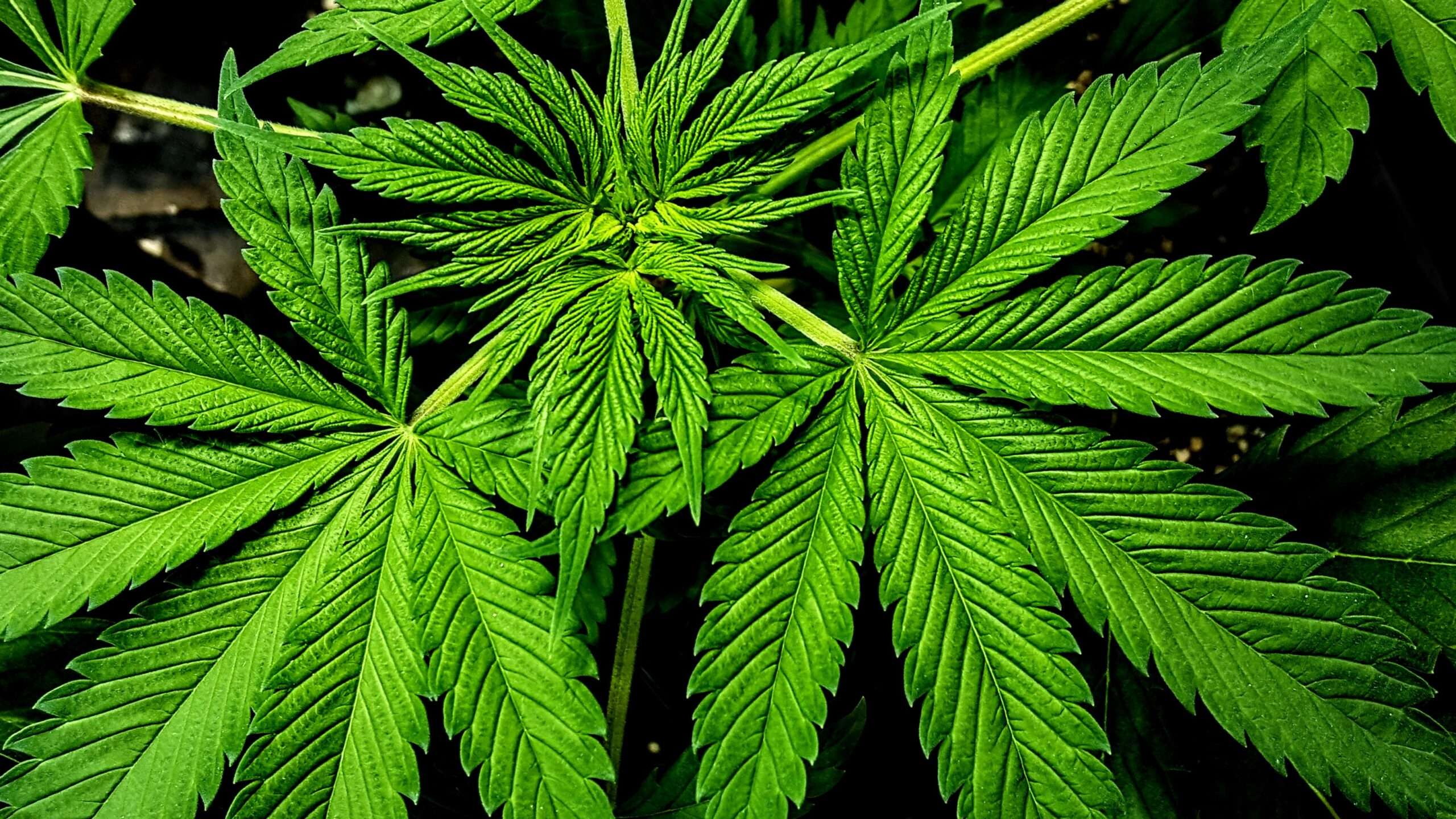Next Week, Voters in Five States Will Choose the Fate of Marijuana and Psychedelics Legalization
Next week, Florida stands on the cusp of becoming the 25th state to legalize recreational marijuana, potentially altering the landscape of drug policies due to its significant population and political implications. The initiative, known as Amendment 3, proposes allowing adults 21 and older to possess up to three ounces of marijuana, although it would not permit home cultivation. The measure would use the state’s current medical marijuana dispensaries as the sole sources for recreational cannabis initially. This amendment represents not only a movement towards ending criminalization for recreational users but also reflects broader changes in public opinion regarding marijuana. Under Florida’s existing laws, penalties for possession range from fines to imprisonment, with police reporting a rise in marijuana-related arrests. Support for Amendment 3 is noteworthy, with recent polls indicating voter approval rates fluctuating between 60% and 66%, suggesting a tightly contested outcome influenced by the margins of error.
The political backdrop intensifies the narrative, with various Republicans voicing opposition to Amendment 3. Prominent figures such as Governor Ron DeSantis and Attorney General Ashley Moody have criticized the initiative, labeling it extreme and warning about a potential increase in public marijuana use. DeSantis, for instance, expressed concerns about the societal implications, stating that cities will reek of marijuana if the amendment passes. Contrastingly, Donald Trump, a leading Republican presidential candidate, has publicly supported the legalization, emphasizing the need to stop penalizing adults for personal use and advocating for well-regulated access to marijuana. The split in Republican voices regarding marijuana legalization mirrors a broader trend among voters, where polls show that a majority, including over half of Republicans, are in favor of legalization. This suggests a gradual shift in GOP perspectives, potentially indicating changing attitudes towards drug policy at the state and national level.
In South Dakota, voters will also weigh in on marijuana legalization with Initiated Measure 29. Following previous attempts to legalize recreational marijuana that resulted in legal challenges and eventual rejection, the new measure seeks to allow possession of up to two ounces and home cultivation of up to six plants. However, recent polling indicates limited support for the initiative, with a significant percentage of voters still opposed. This skepticism reflects a more entrenched conservative approach to drug policy in the state compared to Florida. The history of South Dakota’s attempts at legalization epitomizes the challenges reform advocates face, as demonstrated by the unsuccessful initiatives in 2020 and 2022, suggesting that cultural and political factors remain strong obstacles.
In North Dakota, the marijuana legalization conversation follows a somewhat similar trajectory. The state approved medical marijuana in 2016 but has repeatedly rejected recreational use. Initiated Measure 5 on the upcoming ballot will permit adults to possess up to one ounce and cultivate three plants, alongside allowing for commercial production and distribution. Polling shows more favorable leanings for this initiative compared to South Dakota, with a recent survey indicating a slight majority of voters supporting it. This more favorable disposition may reflect a gradually shifting viewpoint towards marijuana use among North Dakota voters, potentially influenced by broader national trends favoring legalization witnessed in various states.
Nebraska presents a different situation altogether, as it currently does not permit any form of marijuana use. The proposed Initiative 437 would change that by allowing medical marijuana under specific conditions based on healthcare professional recommendations. Current polling indicates a strong push from the electorate towards recognizing medical marijuana, with 59% in favor. This demonstrates an emerging acceptance of cannabis as a legitimate medical option, aligning with national trends as 38 states and the District of Columbia already authorize some form of cannabis use.
Lastly, Massachusetts is on track to consider the legalization of psychedelics, reflecting a pioneering approach to drug policy reform following similar measures enacted in Oregon and Colorado. Question 4 in Massachusetts seeks to authorize state-licensed psychedelic therapy centers and allow for personal cultivation and use of certain natural psychedelics. Public sentiment around this initiative appears mixed, with polls revealing a split among voters, yet a notable portion remains undecided. This mere presence on the ballot highlights an evolving perspective on psychoactive substances that extends beyond traditional concerns associated with marijuana, indicating a larger dialogue about drug policies and personal freedoms in America. Should Massachusetts pass this measure, it would align the state with a progressive ethos towards drug use that could spur other states to reconsider their own policies regarding not only marijuana but also psychedelics.
Share this content:












Post Comment